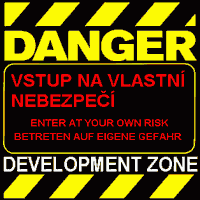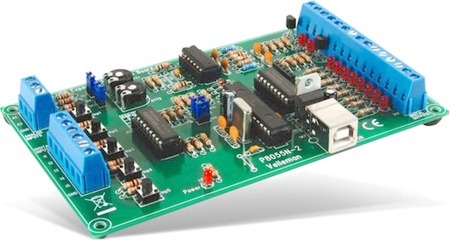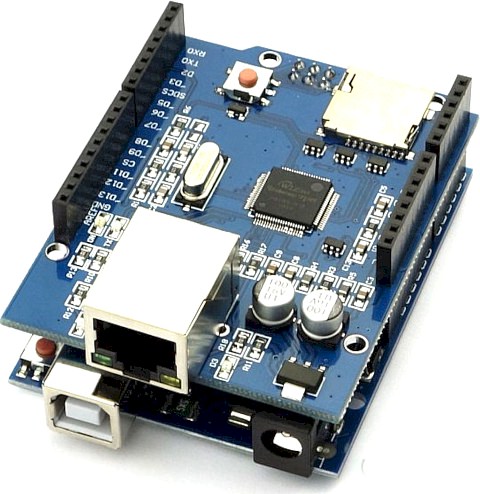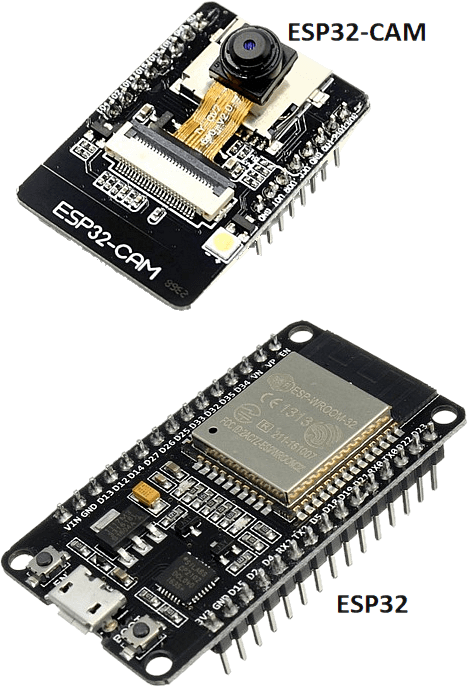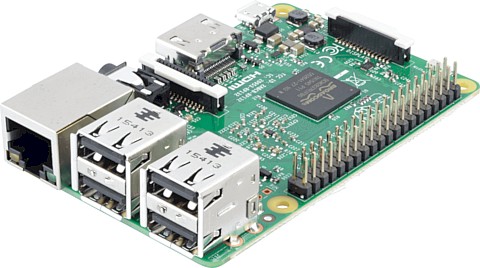After focusing on controlling remote experiments using the Arduino module with the Ethernet Shield extension, we found that our remote tasks still require the presence of a classic PC. The reason for this was the use of classic USB cameras, which require the YawCam application to run for Internet broadcasting. The solution to this situation was the ESP32-CAM module, which proved to be suitable for building a simple and cheap IP camera. So we developed a prototype IP camera that allows you to both load still images and seamlessly steam the image. The camera also emulates the output of the previously used YawCam camera application. Thanks to this, this camera could replace the existing solution with a USB camera and a connected PC.
We now test the IP camera built on the ESP32-CAM module in the remote experiment:
We also discovered the general purpose ESP32 module while solving this task. It turns out to be an interesting solution for creating remote experiments. We will certainly continue to work on this alternative as well.
An article describing the construction of an IP camera based on the ESP32-CAM module (including source codes and models for 3D printing) is in preparation…





